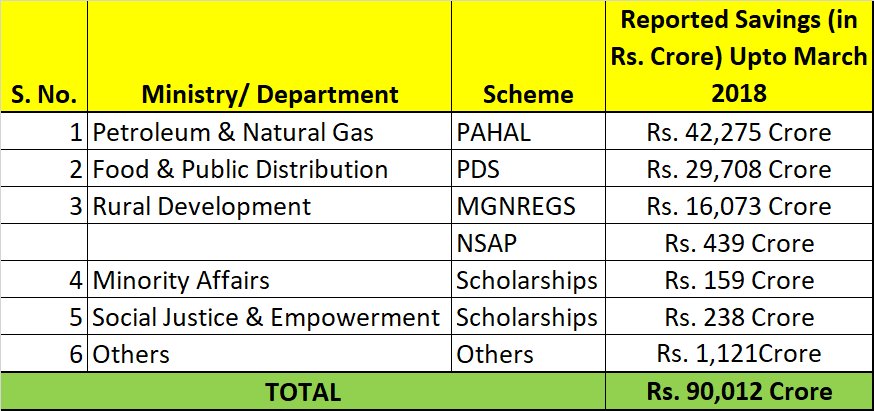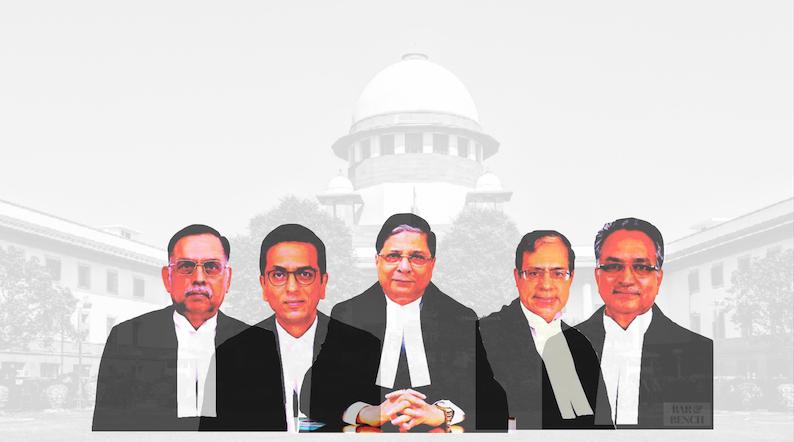There are three judgements. One by J. Sikri. CJI and J. Khanwilkar concur with him.
Other two judgments are by J. Chandrachud and J. Bhushan.
It empowers marginalized sections of the society. They can claim various privileges with the use of Aadhaar.
Question is whether court should apply strict scrutiny standards or fair or reasonable standards?
Human dignity is based on socio economic rights. In the present case, we've enlarged the scope of human dignity.
We've applied the principle of compelling state interest.
The entire purpose of launching this project is inclusion. Sections 33(1) is read down and 33(2) struck down.
Section 57 is also struck down.
Says large area of the judgment is dissent but there are some areas where we've agreed.
Aadhaar must be scrutinized to check if it violates human rights.
The case is about the rule of law and institutional governance as well.
Grievance redressal mechanism severely compromises the independece of the mechanism.
Section 7 suffers from overbreadth since all possible welfare benefits require Aadhaar. This is function creep.
Right to identity is essential.
Section 57 is unconstitutional.






